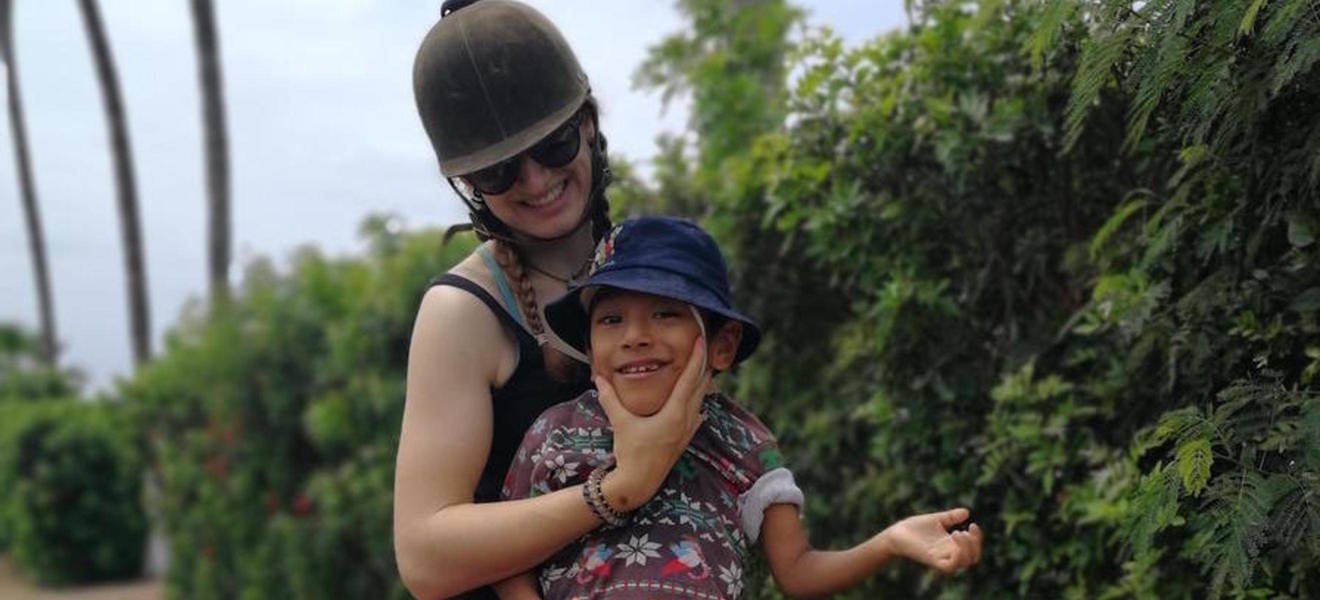13.04.2020/XNUMX/XNUMX / field reports
With the horse in the waves in front of Lima
I probably had the best experience on one of my last days. We went to the beach with a 30-year-old patient who had recently suffered a severe cerebral hemorrhage and is therefore severely physically and cognitively impaired, and his favorite horse, TicTac. So a change from the standard program at the riding arena. He was so happy, laughed, joked, was happy when he could tease us and asked us to make music and dance to it next to the horse.
Valentina's time in Peru
Valentina was in Lima for 9 weeks and worked in therapy with horses. In an interview, she reports on the chaotic city, some doubts and an overjoyed moment.
April 2019
ManTapu: You supported the therapy facility with horses in Lima. Before we talk about the project later, how did your stay go?
Valentina: I started my two-month project in mid-January - that means in summer - in Lima. In my first week, I was staying with my language teacher's family to refresh my school Spanish and get to know the city. She was incredibly hard-working and really showed me everything I needed to know, adapted the daily "Theory Units" to my level and challenged me "outside" in real life to engage in conversations with others. What quickly was there again, after 3 years Spanish break.
Lima has much to offer: in-districts, colonial buildings and, of course, chaos
ManTapu: That was certainly a good start Lima. How else did you like the city? She is very chaotic.
Valentina: Of course, Lima was initially overwhelming, that's out of the question. If you compare: Austria with a total of 8 million inhabitants, Lima as a city with 10 million inhabitants. You have to get used to that already. And to the traffic. And the public bus system. And so many more things. But after no more than 3 weeks I had everything inside. Lima has grown really close to my heart, with its noise and dirt. One estimates the beautiful pages at once so much more.
ManTapu: The project is not right in Lima?
Valentina: Yes, the stable was located far outside (about an hour by bus to the center), right on the sea, so you get a good rest from the city. But in my free time I was able to move easily through public transport through Lima and enjoy independence. And in an emergency, take a taxi for a few soles. Lima has plenty of activity offers. The districts of Miraflores and Barranco are very popular, but there are also many markets to go to and the city center with many colonial buildings and sightseeing opportunities. Often, however, I was just so tired from work that I used Monday to sleep in.
ManTapu: I can imagine that. When did you always work?
Valentina: My working hours were from Tuesday to Friday from 8.00 to 18.00 (which is usually up to 19.00 due to scheduling for the next day) and Saturday through Sunday from 8.00 to 12.00.
ManTapu: You also lived with the project manager. How was that?
Valentina: I lived with the leader of the project and her daughter (a little older than me). Since the two are from Germany, communication was not a problem. And otherwise living together was very easy. I had my own room with a bathroom, was allowed to use the kitchen as I wished (including inviting friends), was also included in the occasional popcorn evening and drove to and from work with her every day. Also, her house was about a 5 minute walk to the beach. A very nice feature. I walked to the next bus about 20 minutes. (Note: Rainbow Garden Village operates in Lima with two horse stations and several host families. Depending on the host family and facility, travel times and everyday life may vary.)
Children can really challenge the Spanish during lessons
ManTapu: What exactly did you do in the project?
Valentina: I worked in a riding school / therapy sty mix. As a trained occupational therapist, of course, after my studies it was my desire to be a part of therapies or to be able to take over a lot. Unfortunately, the summer is the low-season, as several disabled facilities, which normally benefit from the stable and fill the morning with therapy program, make here due to the heat break. Therefore, there were about 2 therapy units per day, or at the weekends also several, in which I helped. Otherwise, one of my main tasks was to give lessons, which made me a bit skeptical in the beginning, but in the end I also liked very much and especially for my Spanish was very beneficial. Children are merciless. In addition to riding lessons and therapies, I helped out in the barn when there was nothing else to do, of course, cleaning, washing and saddling things like horses, and thus taking a lot of work off so many hard-working stable boys. And one of the nicest "works" was, of course, moving the horses or correcting them. Mostly called the relaxed rides on the beach.
ManTapu: From your point of view, does the project contribute in a meaningful way to the establishment of sustainable local structures?
Valentina: Unfortunately I can not confirm that. Equitation is expensive, as well as horse-assisted therapy. The "customers" I was dealing with were therefore not in need, nor were the owners of the stable. Unfortunately, I do not know what the situation with the facilities for the handicapped looks like, as I was only able to help once at the end of the project at the end of the summer. However, I also looked after paid therapies for a 4 year old with ICP diagnosis, the son of a stable worker, from poorer backgrounds, for free.
ManTapu: Thanks for the candor. Did you have the feeling that your involvement in the project was useful?
Valentina: I think that it is always useful in such institutions, to accommodate "foreign" persons, especially from such a different culture. I am sure that I was able to get involved with my ideas well or in some areas could at least stimulate thinking. I've never felt "useless", there was almost always something to do.
ManTapu: Is there an experience that you have especially remembered?
Valentina: Probably the most beautiful experience I had on one of my last days. Together with an 30-year-old patient, who had suffered a severe cerebral hemorrhage a long time ago and is thus severely physically and cognitively impaired, we went to the beach with his favorite horse TicTac. So a change from the standard program at the riding arena. He was so happy, laughed, made jokes, was happy when he could annoy us, and asked us to make music and dance next to the horse. Despite rubber boots, my feet were completely wet, because the waves were so strong. And every time a wave came again and we tried to dodge without chance, our patient clapped his hands, bobbed his head back and laughed that I could not help but be overjoyed the rest of the day.
More projects that interest you could
Have you not yet discovered a suitable program for your time abroad? No problem, we will present you more Volunteer projects abroadthat might pique your interest.
Are you perhaps still at the beginning of thinking about your trip and have no idea what might be right for you? Whether you want to go abroad as a volunteer for a short time, or if you prefer FSJ up to 12 months abroad afford? Maybe there is one Internship abroad in a specific subject area the best way for you to gain experience abroad?
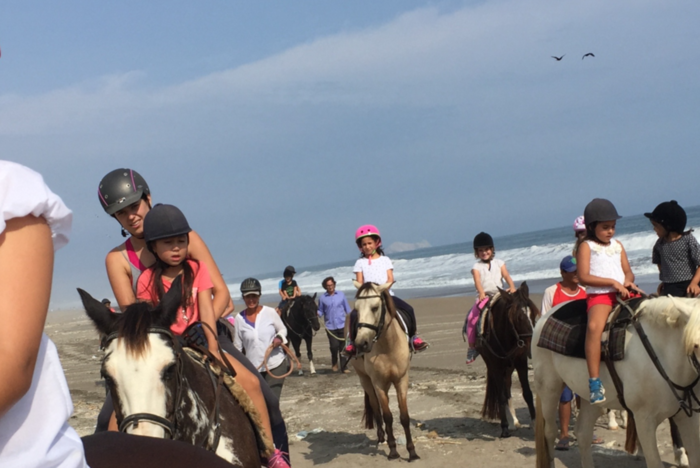
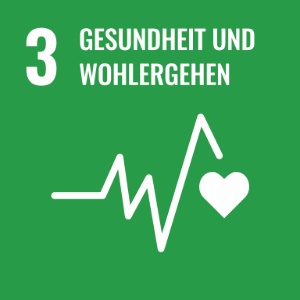
Peru | Social & Teaching
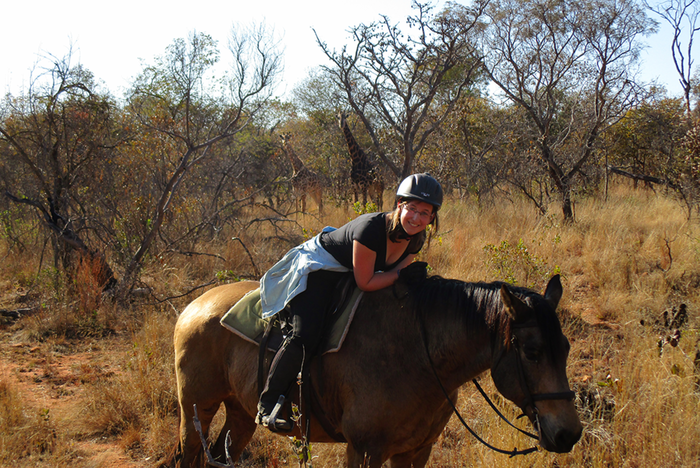
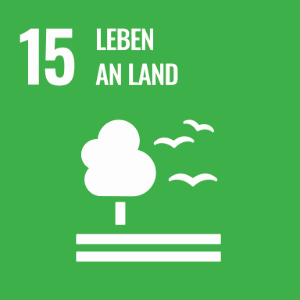
Tanzania & Zanzibar | horses
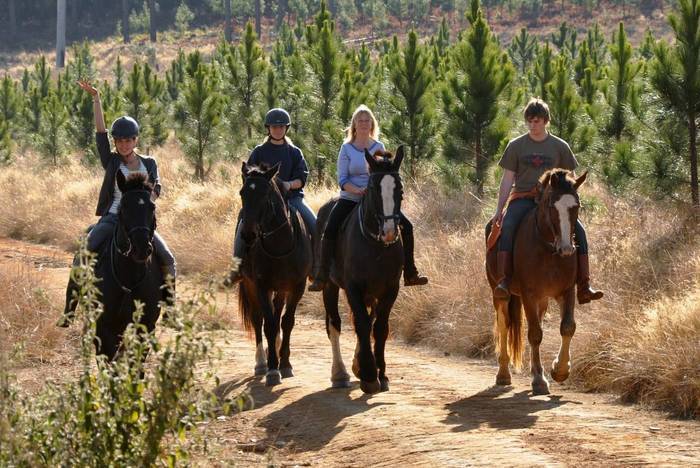

South Africa | horses
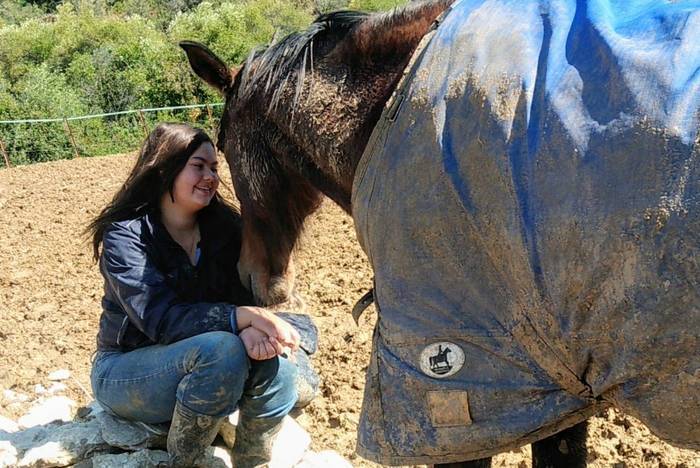

Spain | horses

